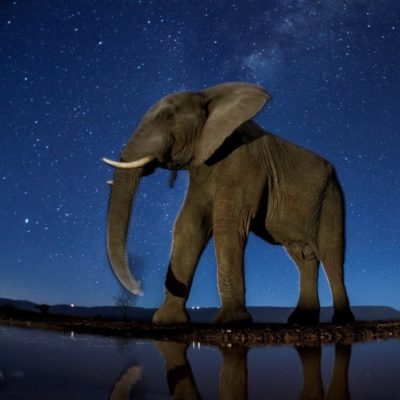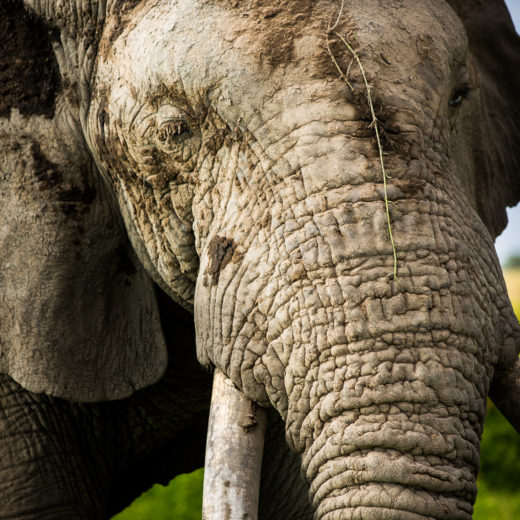


By: Simon Denyer
BEIJING — China will close 67 ivory carving factories and retail shops on Friday, roughly one-third of the total, as it moves to implement a pledge to end all domestic ivory sales by the end of the year.
The news is likely to foster hopes for an eventual end to the elephant poaching crisis in Africa, especially since a new study shows that prices of ivory in China are continuing to plummet.
Reducing demand from China, the world’s biggest ivory market, is probably the single most important factor that could help end the widespread poaching of elephants in Africa.
In a report issued Wednesday, Save The Elephants said the average wholesale price of tusks in China was $2,100 per kilogram in early 2014, but had fallen to $1,100 by late 2015, before reaching $730 in February 2017.
The conservation group credits a combination of an economic slowdown, an official anti-corruption campaign, a government commitment to ending the trade and growing public awareness.
Conservationists heralded the Chinese government’s pledge to close its domestic ivory industry as a “game-changer” and welcomed evidence it was being implemented.
“These closures prove that China means business in closing down the ivory trade and helping the African elephant,” said Peter Knights, chief executive of WildAid, a San-Francisco-based group that has played a leading role in raising public awareness in China about the link between ivory and poaching.
Knights said the latest price decline shows that ivory “is now a very bad investment.” He said he expects a further decline in prices by the end of the year.


An assistant arranges a carved ivory tusk in a Hong Kong shop window on Oct. 15, 2015. (Simon Denyer/The Washington Post).
Lucy Vigne, one of the authors of the Save The Elephants report, said the legal ivory trade in China was “severely diminished,” with licensed outlets gradually reducing the quantity of items on display and cutting prices.
The legal trade in ivory in China, using a stockpile amassed before a global ban, was the cover for a much larger illegal trade that fueled poaching, conservationists say.
“Law enforcement is key to success,” Vigne said in a news release. “This is already improving in China — we have seen a decline in the number of illegal ivory items on display for sale since 2013.”
China’s State Forestry Administration announced the closure of the ivory carving workshops and retail outlets on its website on March 24, as part of an “orderly process” to end the trade. WildAid said 12 out of 34 ivory carving factories in China were being closed, and 45 out of 130 retail shops.
Although poaching may have peaked a few years ago, some 20,000 African elephants continue to be killed for their tusks every year, experts say, largely to meet ivory demand from Asia, particularly China.
Africa’s elephant population has dwindled from about 1.2 million 35 years ago to between 400,000 and 500,000 now. Central African forest elephants could be extinct within the next decade if current trends continue, while Tanzania’s elephant population fell by 60 percent between 2009 and 2014, census data showed.
Knights said the ban was already helping; seizures of ivory coming into China dropped by 80 percent in 2016, and poaching has declined in Kenya. But Hong Kong and Britain have yet to pass proposed bans on the ivory trade, while Japan’s market “remains wide open,” according to WildAid.
Stay in touch and get the latest WildAid updates.
SIGN UPAbout WildAid
WildAid is a non-profit organization with a mission to protect wildlife from illegal trade and other imminent threats. While most wildlife conservation groups focus on protecting animals from poaching, WildAid primarily works to reduce global consumption of wildlife products such as elephant ivory, rhino horn and shark fin soup. With an unrivaled portfolio of celebrity ambassadors and a global network of media partners, WildAid leverages more than $308 million in annual pro-bono media support with a simple message: When the Buying Stops, the Killing Can Too.
Journalists on deadline may email communications@wildaid.org


